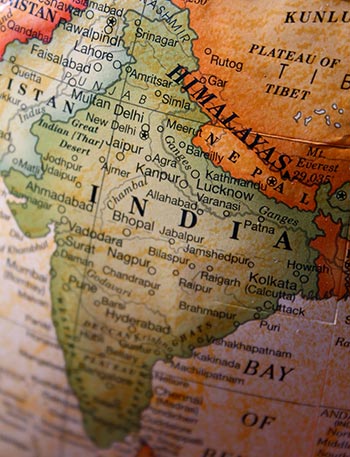Diwali, also known as the Festival of Lights, is one of the most popular and widely celebrated festivals in India. This celebration takes place over five days and is met with great enthusiasm and joy all over the country, as it symbolises the victory of good over evil and light over darkness.
Here’s your guide to everything you need to know about celebrating Diwali in India.
How are the five days of Diwali celebrated?
Each day of the five-day festival has its own significance and rituals.
Day One
The first day, known as Dhanteras, is dedicated to worshipping the goddess of wealth, Goddess Lakshmi. On this day, in order to attract good fortune, people may tidy up their homes or go out to buy gold and kitchen utensils.
Day Two
Day two, named Choti Diwali, is when people light diyas (earthen lamps) and decorate their homes with rangolis (colourful patterns made with coloured powder).
Day Three
The main day of Diwali is celebrated by lighting diyas and candles, bursting firecrackers, sharing sweets and gifts with family and friends, and offering prayers to Goddess Lakshmi and Lord Ganesha.
Day Four
The fourth day, known as Govardhan Puja, is when people worship Lord Krishna. This day is considered the first of the new year, with friends and family gathering to exchange gifts and best wishes for the season.
Day Five
The final day of Diwali is known as Bhaj Dooj and is commemorated by siblings (typically brothers visiting their married sisters) coming together to celebrate their bond with gifts and mouth-watering feasts.





